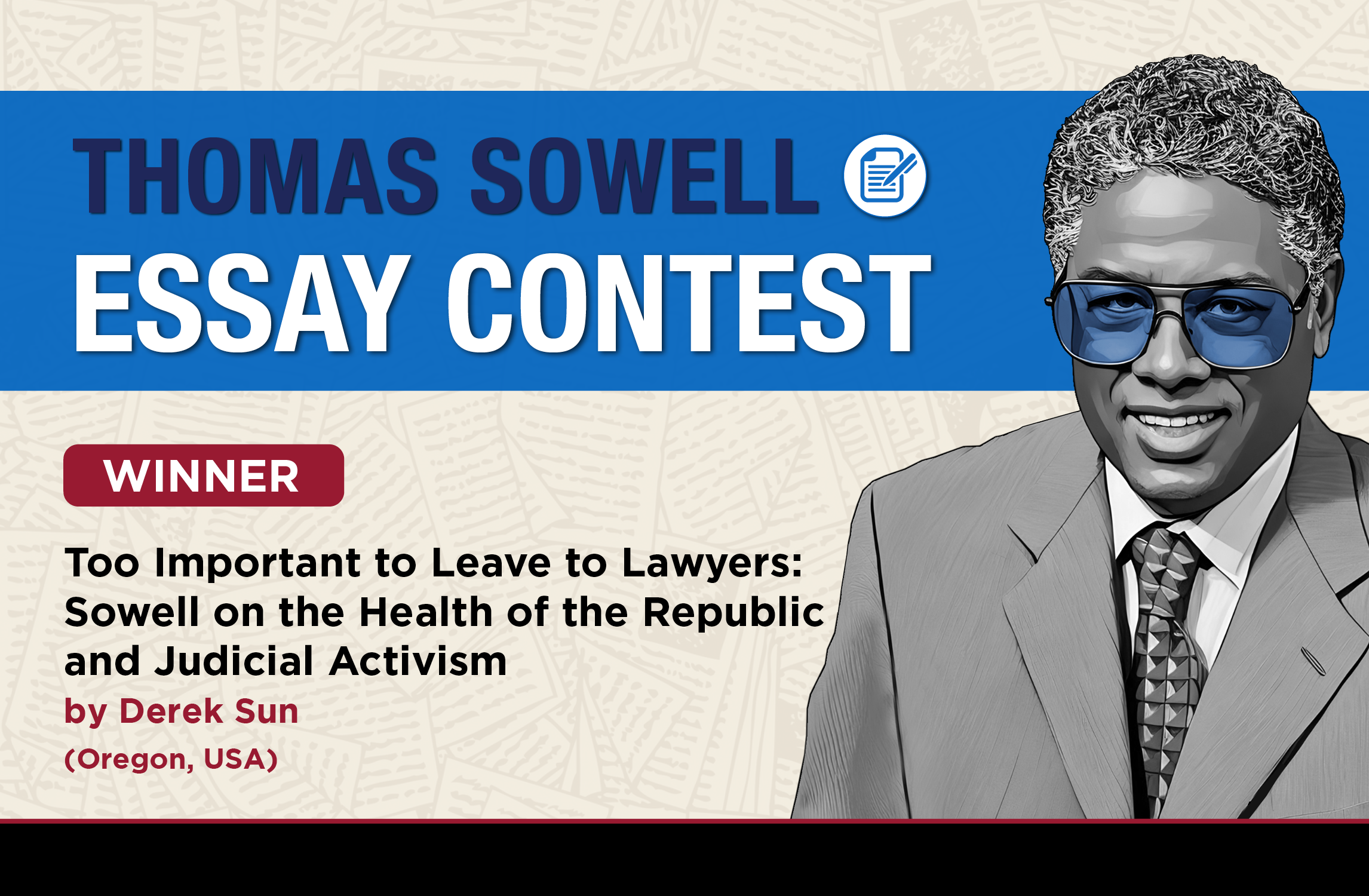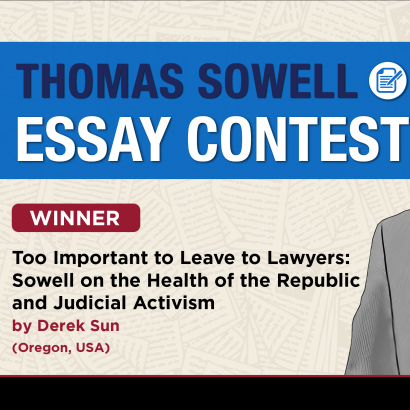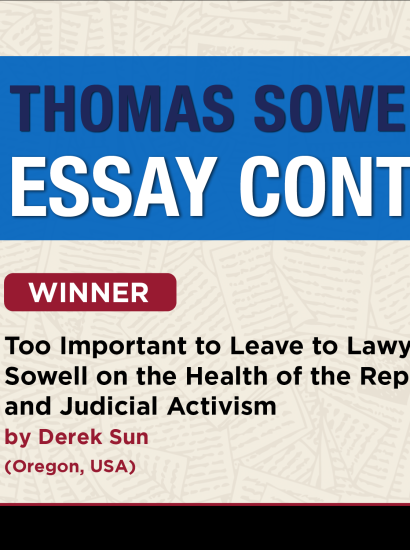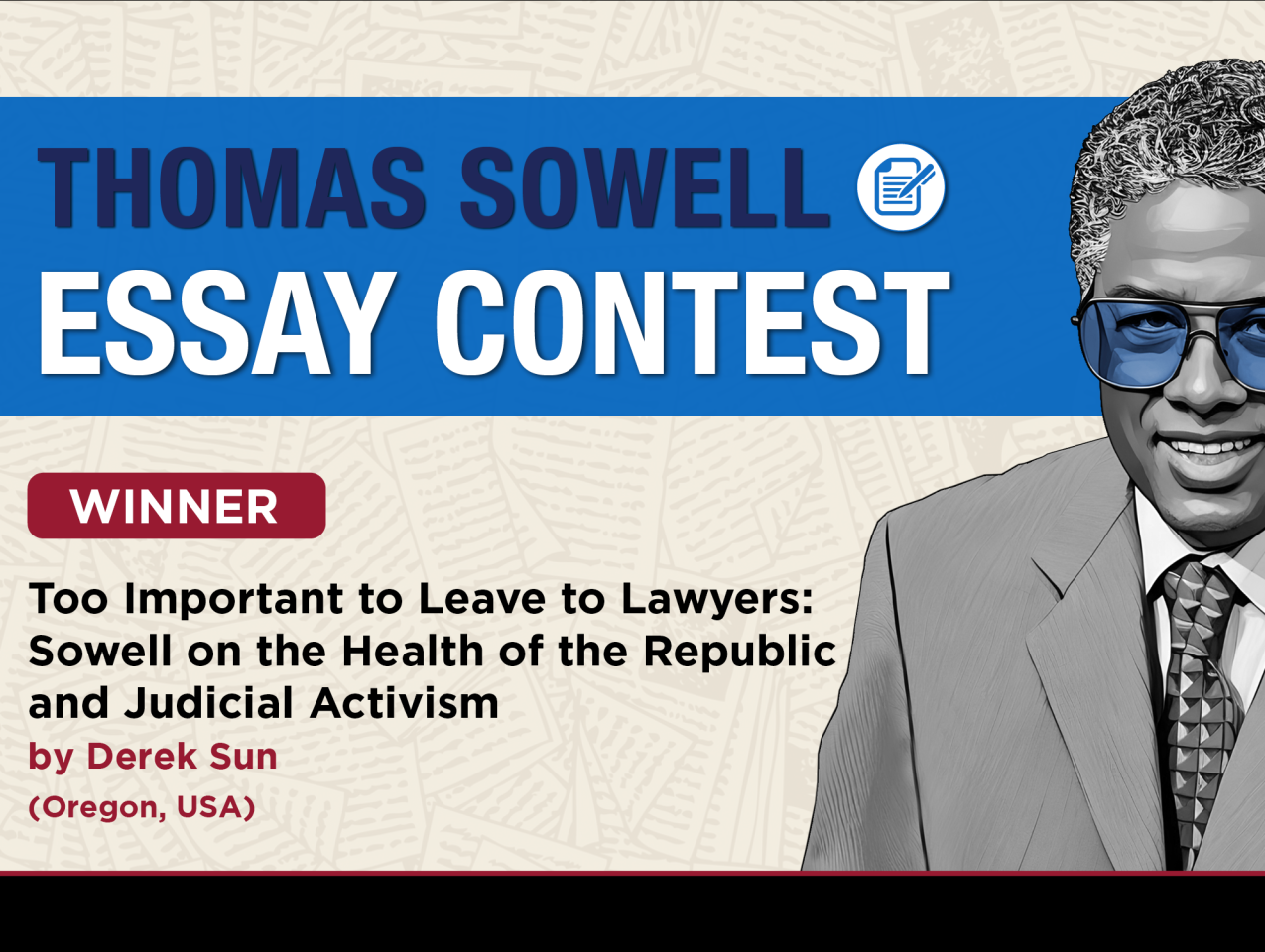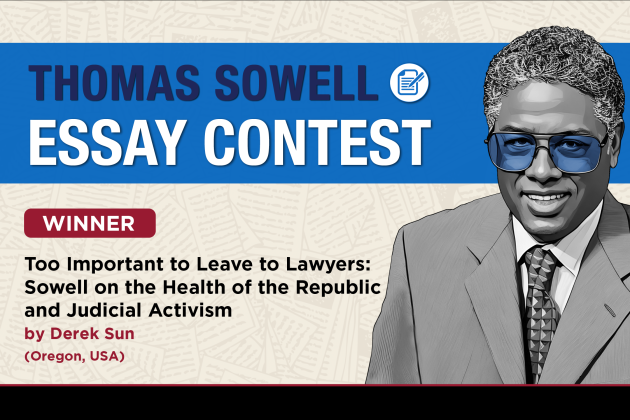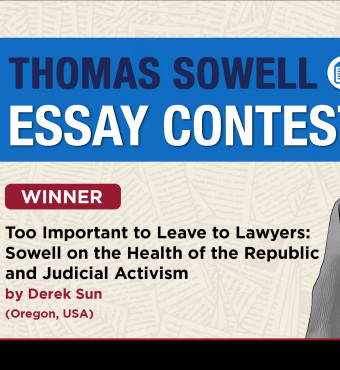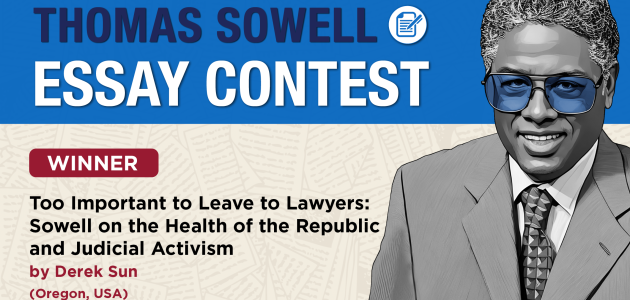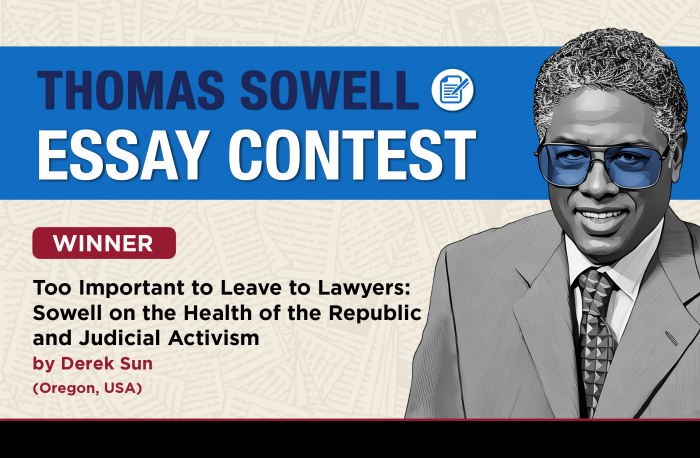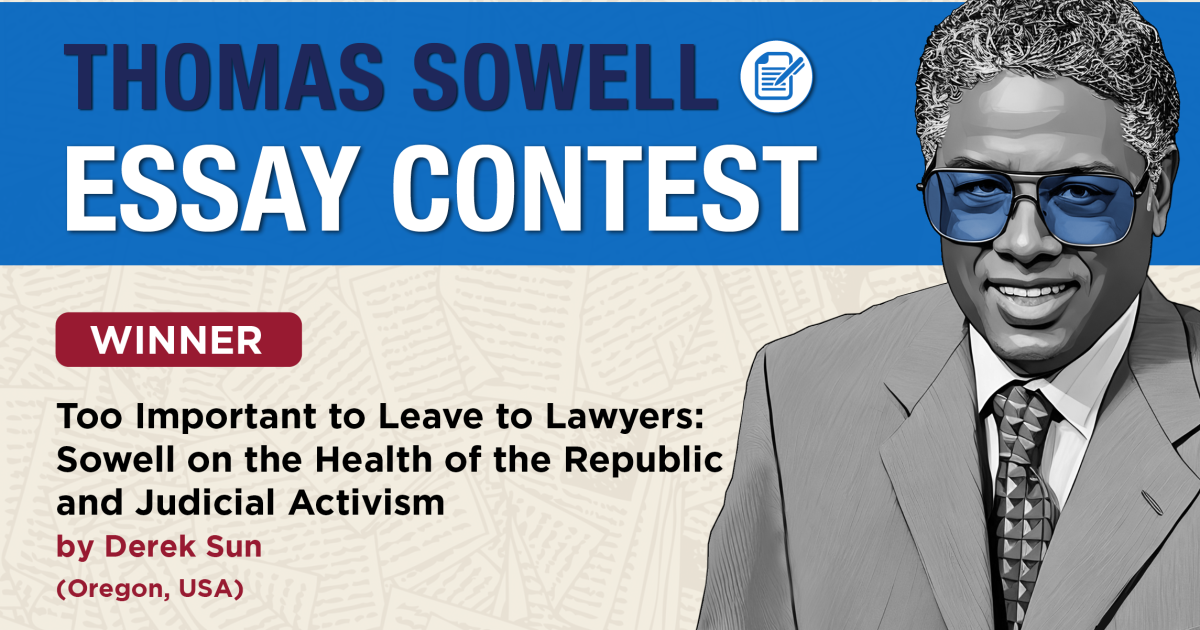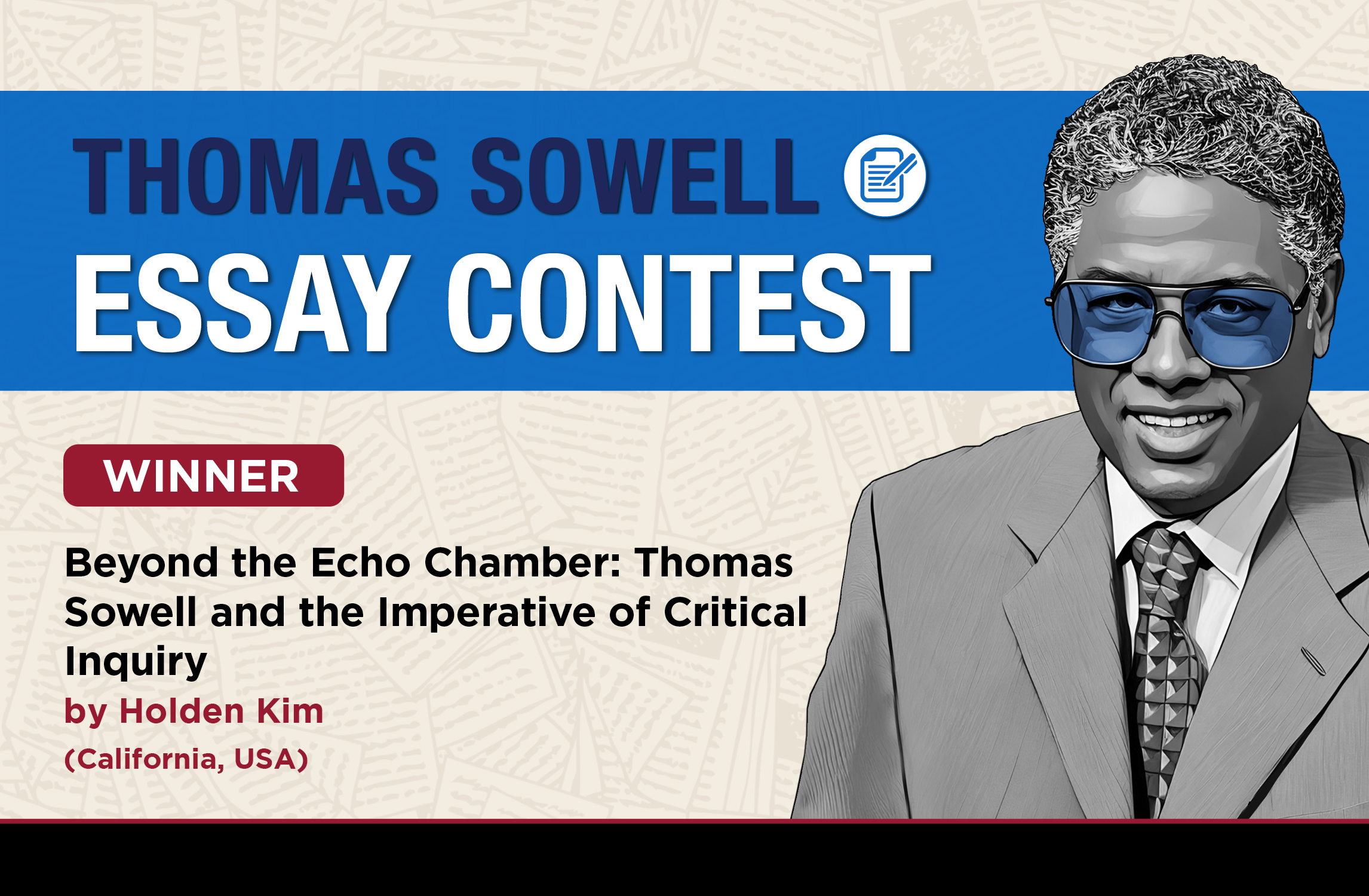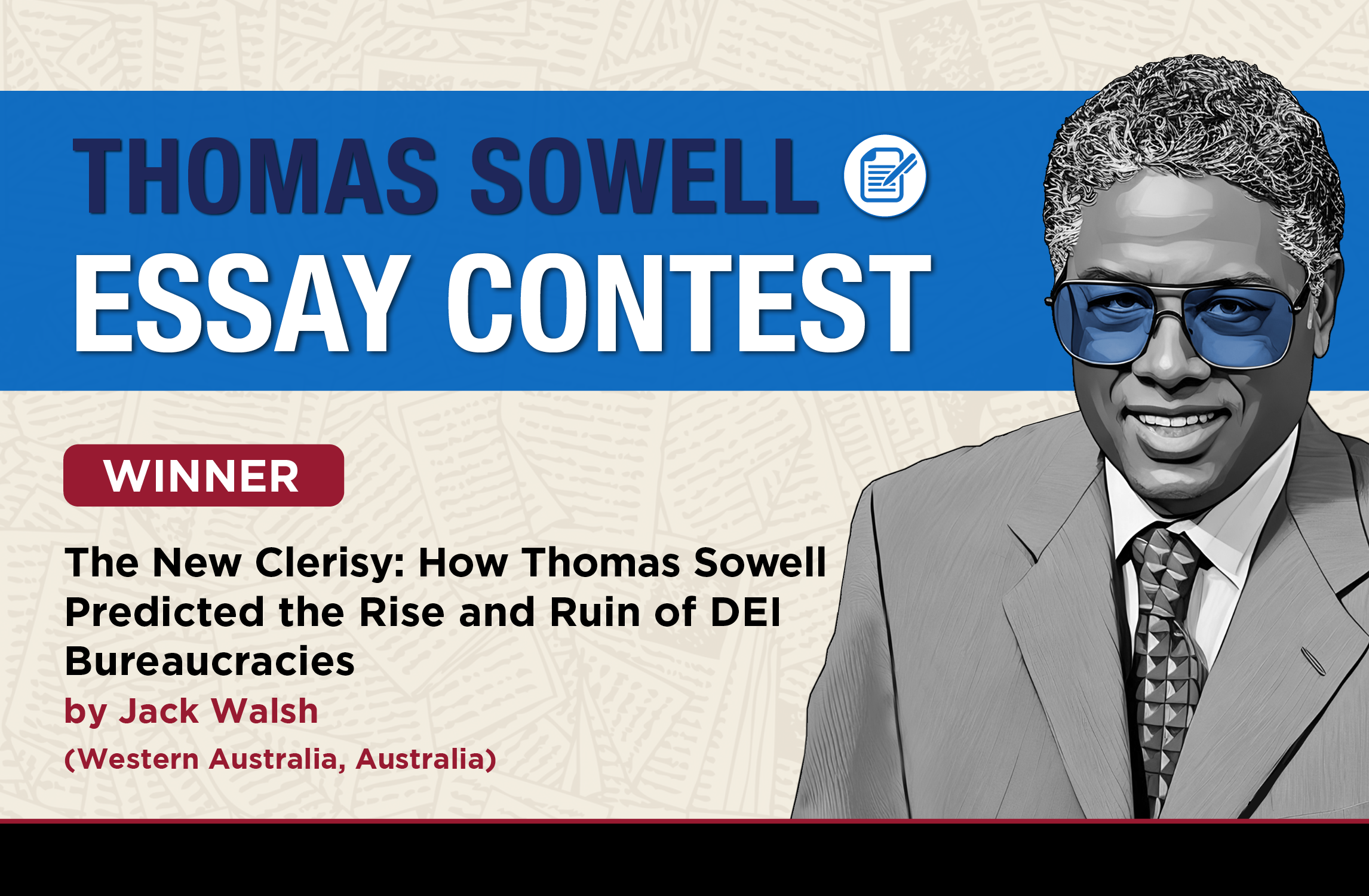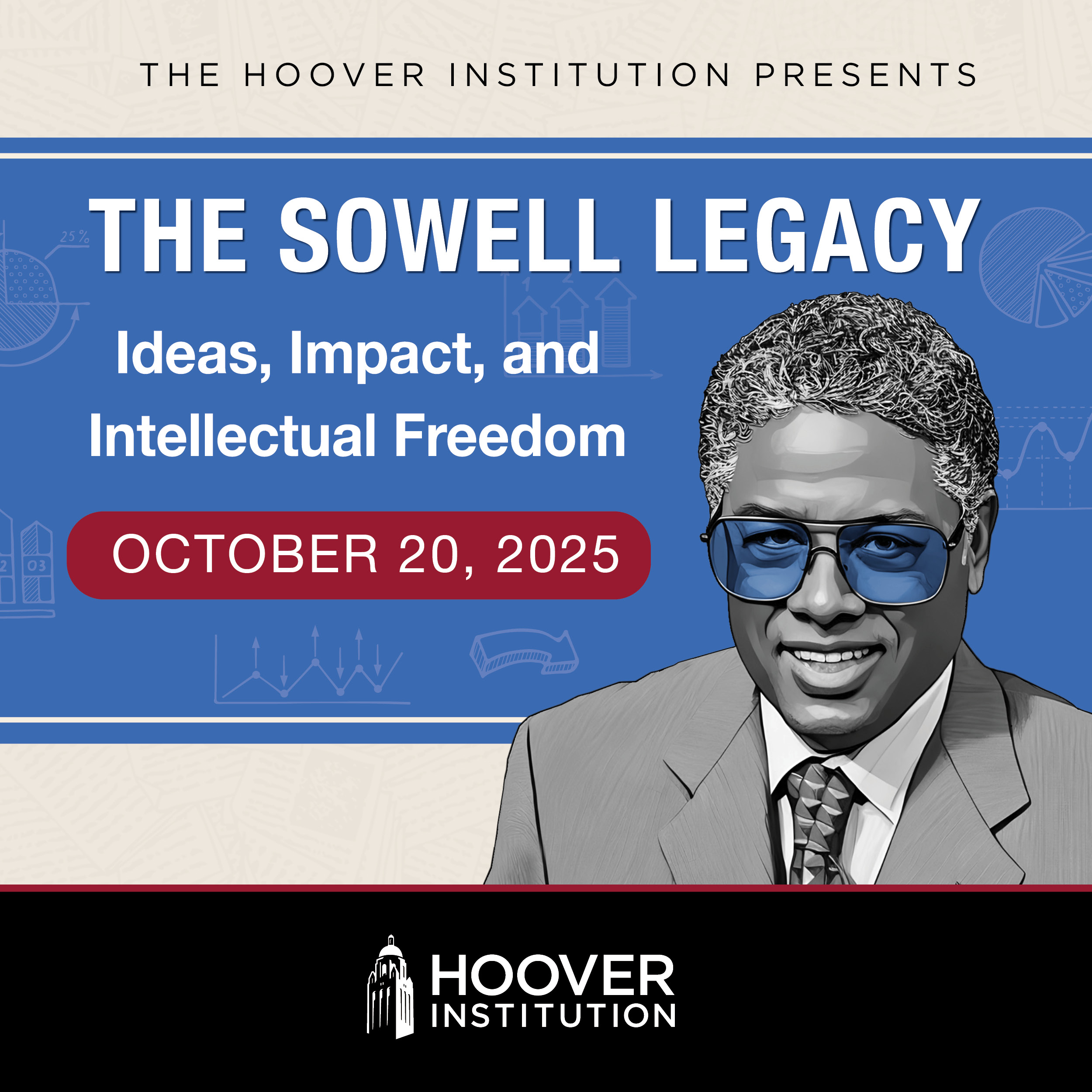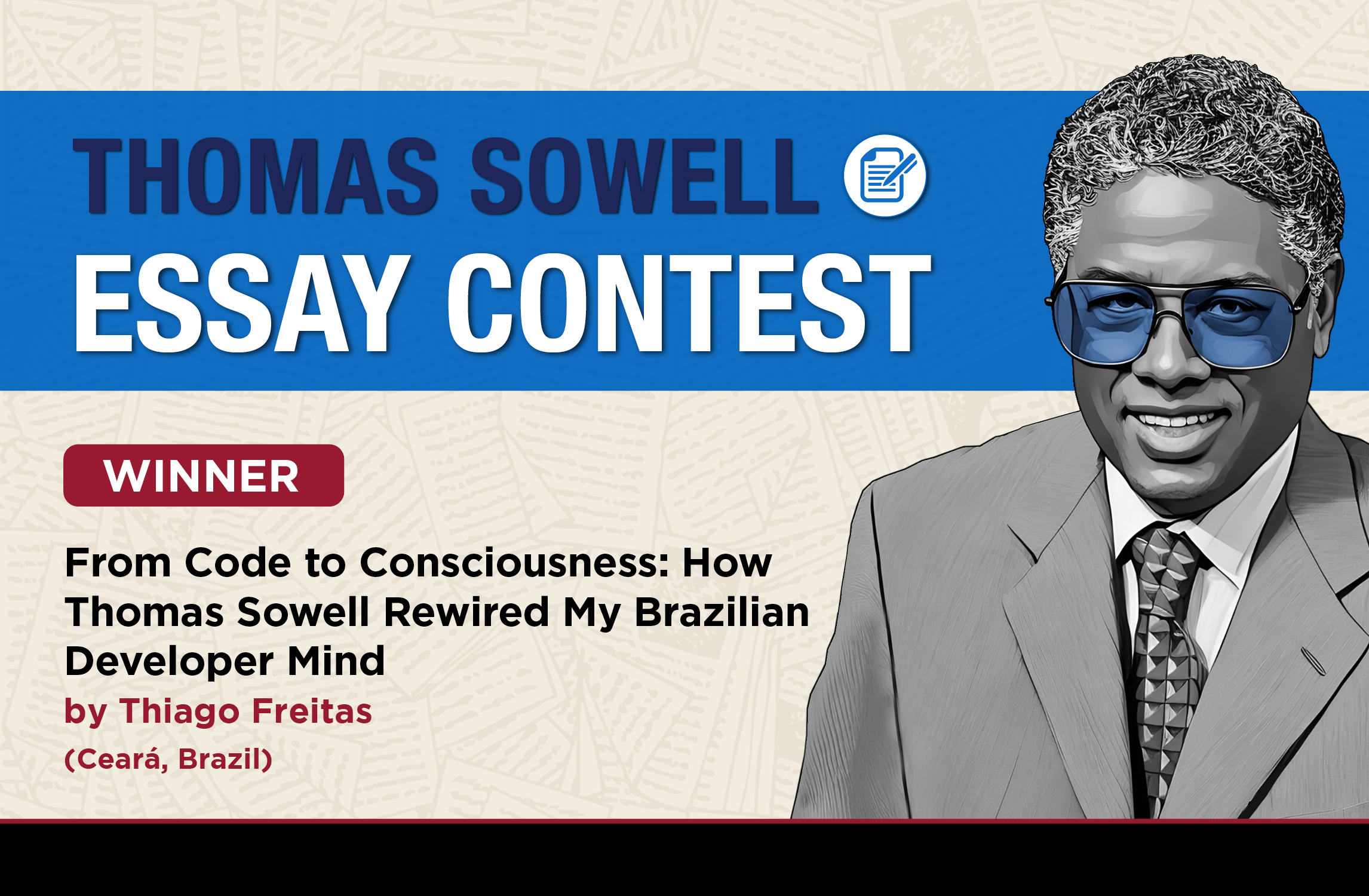
A marble frieze sweeps across the Supreme Court chambers, adorning the south wall with a procession of great lawgivers. Beside the allegorical depiction of Authority, King Solomon stands pondering. Famously, when two women claimed the same baby, Solomon threatened to divide the baby in half, knowing that the true mother would rather yield her child than see him perish. Solomon’s authority was limitless, his remedies extending as far as his imagination, guided by his divinely granted wisdom.
Much of Americans’ discontent with the Supreme Court stems from the bench’s drift towards its own form of an imperial judiciary, without impeccably intelligent Solomons to fill its ranks. When a judge rules by his inner light, everything depends on his private sense of fairness. “If a judge resolves disputes according to her own sense of right and wrong,” Justice Amy Coney Barrett warns, “then those choosing the judge better be sure that they like her beliefs” (Barrett). It is little wonder that confirmation hearings devolve into bare-knuckled brawls, politicians urge tactical resignations from the Court, and parties stonewall confirmations when convenient.
Thomas Sowell posits that judicial activism’s corrosive nature lies in a myopic central question – what should be done, instead of who should do it. Most cases for judicial restraint, however, fall on deaf ears. Engineering the Court’s composition for political gain breeds cynicism towards judicial restraint – ruling based on the original public meaning of the law. Sowell grounds the case for judicial restraint not in fleeting partisanship but in realism about human nature and in fidelity to reasoning rather than results. Greater awareness of Sowell’s argument would prompt more Americans to pivot from asking if courts are making the right kind of law to why courts are making law in the first place.
Sowell is not a lawyer. When testifying in support of judge Robert Bork’s nomination to the Supreme Court, Sowell fielded questions about his lack of background in legal studies, identifying “an economist who has wandered into other fields” (BasicEconomics). “Serious questions about the very survival of law,” Sowell remarked wryly, are “questions too important to be left solely to lawyers.” (The Federalist Society). The legal dispute was merely a front, alongside economics, in a greater clash between the restrained and unrestrained views of human nature.
Judicial activists and advocates of restraint do not differ on whether laws should be maximally just. They differ on who should make laws more just. Judicial restraint relies upon a restrained vision of human nature – that it is fallen and fixed. There is no room for roaming, all-purpose experts in this vision. Individuals are competent within a narrow circle. Therefore, institutional processes must disperse where decisions are made. The restrained vision trusts the democracy of both the dead and the living. For Justice Antonin Scalia, nothing about the law courses at Harvard “qualifies me to decide whether there ought to be a fundamental right to abortion or assisted suicide” (Powell). He learned to interpret the law, not write it. By contrast, the unrestrained vision blames institutions for social ills, positing a Rousseauian view of a fundamentally good human nature. The vision thus vests trust in Messianic individuals, tapping the moral brilliance of the few to achieve the right outcomes, and often affects a disregard for the practices of the past. “To look at legal precedents,” for John Stuart Mill, was to make “an absurd sacrifice of present ends to antiquated means” (Sowell, Conflict of Visions 51).
Recognizing that judicial activists disregard the process in favor of the result nullifies many of the common talking points against judicial restraint. Sowell is not against change, equality, and justice. To fixate on the end result is to entirely miss the point – whose change, whose equality, and whose justice becomes the law of the land?
Judicial activists often lament that judicial restraint ossifies the norms of 17th century America, which is long since dead and gone. The Constitution is great because of its flexibility, ushering in progressively more equality. As Sowell notes, this “repeated and insistent emphasis” on change does nothing to prove that unelected judges are the correct agents of change, not the legislative or amendment process (Sowell, “Reconsidered” 13). Ironically, the focus on the end goal of equality masks how such equality of outcome is achieved – through the undemocratic and unequal means of winning from the Courts what could not be won at the ballot box. In U.S. Steelworkers v. Weber, the Supreme Court was tasked with interpreting the 1964 Civil Rights Act, which prohibited discrimination in “compensation, terms, conditions, or privileges of employment” and training programs. Brian Weber, a white employee, was denied entry to a training program because racial quotas admitted less-experienced African Americans. Justice Brennan and the majority allowed this, rejecting a literal reading of the Act in favor of its “spirit,” which they claimed applied only to protecting African Americans (Sowell, “Reconsidered” 10). Weber focused on eliminating racial disparities as its end, even if the means to achieve his end required favoritism of one race over another, and even if the statute passed by elected representatives explicitly forbade such favoritism. The restrained vision balks at this judiciary turned backdoor legislature because of the difficulty of correcting the mistakes of a centralized power. When asked why Congressmen would object to judicial restraint empowering their branch of government, Sowell testified during the Bork hearings that restraint would force them “to make those decisions publicly,” “whereas judges can simply engage in verbal sleight of hand about constitutional clauses and make the same decisions” (BasicEconomics).
The appeal to morality similarly fails as a nonsequitur. Advocates of judicial activism explicitly call for Courts to “supply fresh moral insight when judging the acts of Congress, the states, and the President” (Sowell, Conflict 183). A judge’s opinion about the morality of abortion, the death penalty, assisted suicide, and so forth does not matter if the judge lets the people address those issues legislatively. As Judge Robert Bork remarked, “in a constitutional democracy, the moral content of the law must be given by the morality of the framer or the legislator, never by the morality of the judge” (Sowell, “Reconsidered” 17).
Adopting judicial activism, its flawed view of human nature, and its disregard for process creates perverse incentives that poison the appointments process. Judicial activism raises the stakes of every federal court nomination. Once citizens recognize that federal courts settle cases on grounds extrinsic to the people’s voice enshrined in Constitution and statute, they begin chasing political victories through judicial messiahs. If every Supreme Court conference has the potential to be a mini Constitutional Convention, the most important consideration is what kind of new Constitution a judge would end up writing. Granting this power to an unelected branch with no term limits guarantees “judicial war against all” – “whoever might win ideologically, if anyone does, the law and the society lose.” As Sowell warns, such a society has “retrogressed toward a world where edicts are simply issued by whoever has the power at the moment.” (Sowell, “Reconsidered” 27). Sowell demonstrated at Bork’s confirmation that judicial restraint is the only long-term solution to this insidious threat. During the hearing, Sowell refused to engage in the “myopic” analysis of “issue-by-issue statistical box score[s]” establishing if Bork ruled for some bereaved class of litigants enough of the time, even though many of his colleagues in support of Bork were eager participants (BasicEconomics). If a jurist is an agent of the law, not an activist creating it, the question is not whether his decisions favored an oppressed class enough for an interest group’s liking, but whether those decisions maintained fidelity to the statute at issue. If a jurist is a judicial activist, hyperpolarized ideological proxy wars are a rational response from legislators and voters.
Doubts about the legitimacy of a fundamentally undemocratic body in a democratic republic are not new. In 1788, New Yorkers opened their newspapers to a war of words over that question. A pseudonymous anti-Federalist, ‘Brutus,’ warned against a Supreme Court free to “give the Constitution a construction according to its spirit and reason, and not to confine themselves to its letter” (Funk). Alexander Hamilton dismissed Brutus’ concerns, writing that the judiciary would be the government’s least dangerous branch. That might be true of a judiciary of Hamiltons, but not a judiciary of Solomons, unbounded in discretion, unrivaled in authority, and unaccountable to the people. Sowell’s chief insight is that the same flawed philosophy motivates the overstepping judge as the overweaning regulator – a Pollyanish view of human nature, and the elevation of outcome over process. Voters and legislators are preoccupied with controlling what kind of law is set by courts and are willfully blind to the problem of the judiciary making law at all. Unless Americans recover a commitment to judicial restraint, the republic will remain trapped in battles over partisan outcomes while the judiciary’s usurpation of lawmaking itself goes unchallenged.
References
BasicEconomics. “Watch Joe Biden get DESTROYED by THOMAS SOWELL! - Robert Bork Hearings (1987).” YouTube, 30 May 2012, https://www.youtube.com/watch?v=ZQU_QziUXf0&ab_channel=BasicEconomics.
Barrett, Amy Coney. “Amy Coney Barrett: When Politics Clash With the Law.” The Free Press, 3 September 2025, www.thefp.com/p/amy-coney-barrett-when-politics-clash-with-the-law.
Funk, Derek Robert. “The Role of Law: How Law Shapes and Alters the Foundations of Societies.” Utah State University, 2011, https://digitalcommons.usu.edu/cgi/viewcontent.cgi?article=1084&context=honors.
Powell, Alvin. “Scalia condemns judicial moralism.” The Harvard Gazette, 30 September 2004, https://news.harvard.edu/gazette/story/2004/09/scalia-condemns-judicial-moralism.
Sowell, Thomas. A Conflict of Visions. Basic Books, 2007, p.p. 27 - 259.
Sowell, Thomas. “Judicial Activism Reconsidered.” Hoover Institution at Stanford University, 1989, p.p. 2 - 32.
The Federalist Society. “1987 National Lawyers Convention, Address by Dr. Thomas Sowell [Archive Collection].” YouTube, 16 June 2022, https://www.youtube.com/watch?v=6izuv-NLU3c&t=13s&ab_channel=TheFederalistSociety.







